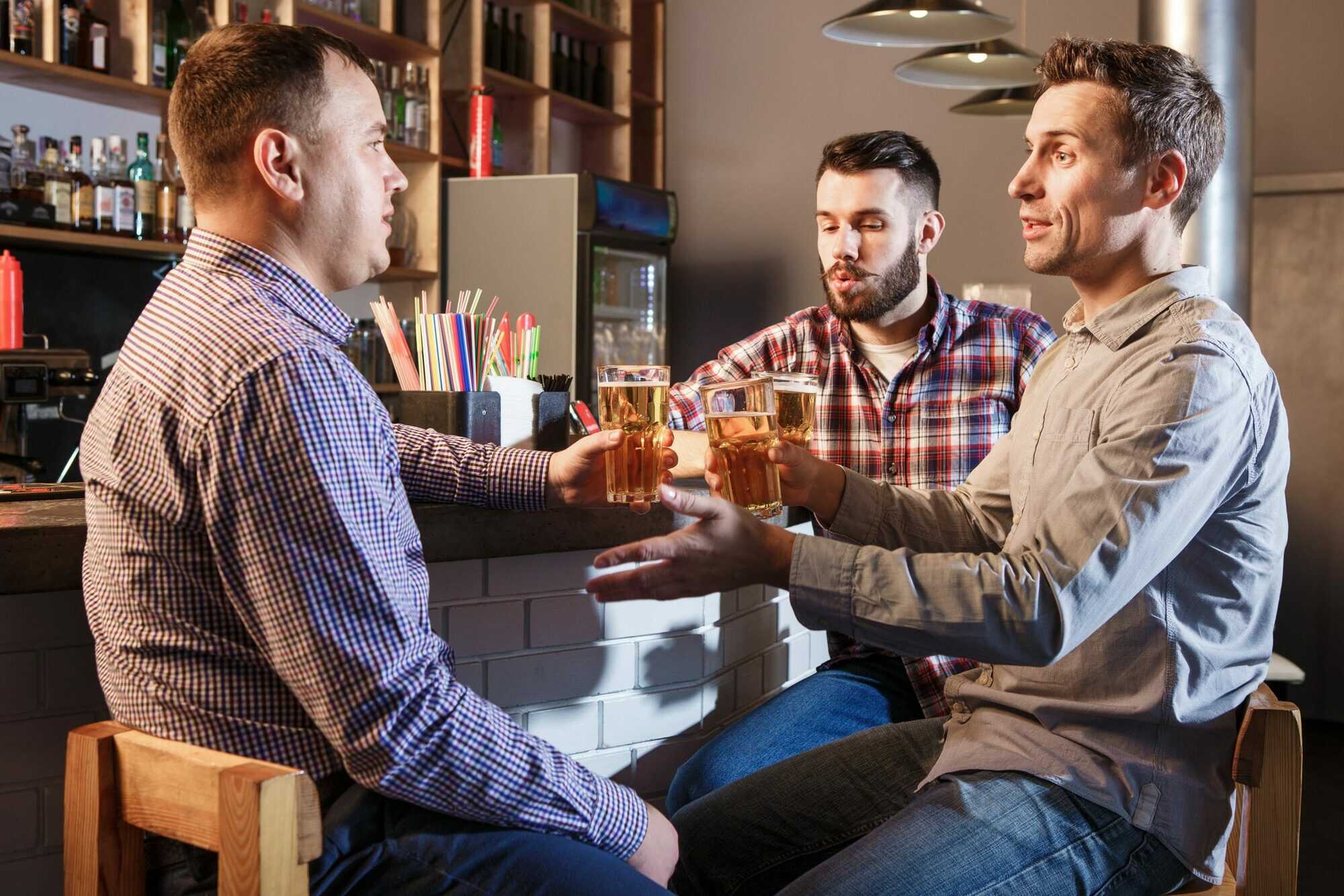So, you’re coming to Serbia and still don’t know how to say cheers in Serbian? You should take some notes on which words you need to learn before going to a restaurant, bar, or Serbian home.
If you plan on traveling to this beautiful country, it’s important for you to know a few of their more popular sayings so you can fit in as one of them. If you can communicate with the locals by speaking to them in their native language, they are more likely to open up their homes and share their strong drinks, good Serbian foods and great stories about their beautiful country and people.
Now, it’s time to discover a word you’ll utter a thousand times! You’re might be wondering why? Because the word živeli means cheers in Serbian. It’s usually followed by music, laughter, positive vibes, and a loud clinking of glasses. That is why it always a good idea to say: ”Živeli!”
Serbian Liquor And Aperitifs
Did I just hear someone said: “Živeli”? When talking about toasting, there is just no chance to not mention the Serbian national drink – rakija. Make sure to remember this word well because it is also one of those you’ll be hearing a lot if you come to Serbia or have a Serbian friend or partner.
Making and drinking fruit brandies is a national tradition in Serbia, whether one lives in the countryside or in the city. So, anyone with access to raw ingredients (fruits) and an outdoor cooker can make their own alcohol drink (rakija). The aperitif for which Serbia is most famous is šljivovica (plum brandy).
Šljivovica is a member of the great rakija family (brandy of high alcohol content) that is common to Central and Eastern Europe. It is clear in color and strong—alcohol content varies from 25-70 percent by volume. The average bottle sold in stores comes in at around 40-45 percent of alcohol. This is ideal for you and your friends when visiting Serbia in the cold weather because the strong Šljivovica can warm you up.
About 70 percent of Serbian plum production goes into making šljivovica.
Major producers often age their šljivovica in oak barrels for between five and twelve years.
A Bit More About Rakija
In the old days, this aging process was also important for local producers and even families. Money was scarce and the economy was unreliable. The only thing that would appreciate in value with age was the plum „firewater“(Serbs just love to call their rakija that).
Special drinking customs for šljivovica and other kinds of rakija are respected and closely followed. You should drink it from a small glass, a bit larger than the average American shot glass. Remember, a firm sip is always accompanied by a round of šljivovica and loud cheers in Serbian (živeli).
Serbian hospitality dictates that guests entering the home be offered a glass of rakija, with it also typically coming at both the beginning and end of a meal. However, in the northern part of the country called Vojvodina, people usually drink rakija as an aperitif, followed by red or white wine after the meal.
In restaurants, owners usually wish to show their appreciation for the customers by providing a round of rakija on the house after the meal.
Synonyms for Serbia’s favorite drink are domaća ljuta (homemade spicy), rakijica (diminutive of rakija), vatra živa (living fire) and at least a 10 others which have to do with the kind of fruit the rakija is made from. So, when you are in Serbia, don’t forget to try rakija and say živeli or cheers in Serbian.

Kafana
The Serbians really love a good toast when drinking with family and friends in a kafana. Actually, it’s a bit difficult to translate kafana directly. The closest term would be tavern (Greek) but a kafana is so much more than that. It is the center of life in Serbia, the place where everything happens, where people laugh, celebrate, cry, and patch their broken hearts.
Kafana is most definitely the place where you will eat the best Serbian food and listen and dance to the best music. Talking about the music in a kafana, you will often be honored by hearing the most authentic Serbian songs that locals name izvorna narodna muzika (old traditional Serbian music), often played by gypsies. There is a saying that no one has the soul for music as gypsy people do.
These are the reasons why saying cheers in Serbian and drinking in a traditional kafana offer a complete and unique experience that can’t just be explained in someone else’s retelling – you just need to live it and feel it for yourself.
Let‘s Sum Up
There are many more terms you will pick up while visiting Serbia, but živeli, rakija, šljivovica, kafana are a few of the most important phrases that will ensure you have a great time during your journey. Always remember that everyone in Serbia just wants to have a great time and celebrate life, so embrace it and you will have stories for a lifetime.
Serbia is well known as a country with cool and easy-going people who live at the crossroads between east and west. But are you still worried if Serbians will understand you? Or do you just simply want to learn the Serbian language? I don’t see a problem! You can just use language learning apps such as the Ling App to learn more phrases that will make you laugh, make your stay in Serbia more pleasant, and make it possible for you to communicate with Serbians without a problem.




















